Self-regulation plays a crucial role in determining academic outcomes for students. The ability to control thoughts and emotions significantly impacts performance in educational settings.
Understanding specific strategies that enhance motivation and time management reveals how self-regulation influences success in school. Emotional regulation is particularly noteworthy, as it can transform students’ approaches to their studies, leading to improved engagement and achievement.
For instance, students who practice techniques such as setting clear goals, breaking tasks into manageable steps, and using mindfulness exercises often experience heightened focus and resilience in their academic pursuits.
Definition of Self-Regulation
Self-regulation refers to the capacity to manage one’s thoughts, emotions, and actions to achieve desired outcomes. This skill extends beyond mere impulse control; it involves developing self-awareness and understanding how our inner experiences impact our behavior. Through self-reflection, we can discern behavioral patterns that may require adjustment.
Modifying our actions can be accomplished by applying specific strategies that align with our goals. For example, when encountering distractions, I focus on my objectives and the significance of maintaining concentration. This approach not only helps me remain on track but also enhances my ability to assist others in their self-regulation efforts.
Self-regulation is particularly crucial for those who aim to help others. When we effectively manage our emotions and actions, we foster a supportive atmosphere that promotes growth and empathy.
Ultimately, self-regulation involves being intentional and mindful, enabling us to make meaningful contributions to the lives of those around us. Embracing this concept can lead to significant personal growth and positively impact our communities.
Importance of Self-Regulation
Self-regulation is a crucial skill that significantly impacts our ability to achieve goals and manage our time effectively. This skill isn’t just about discipline; it fosters emotional resilience, allowing individuals to recover from challenges and setbacks.
Strengthening self-regulation equips us for success in academic pursuits and various life endeavors. For instance, a student who practices self-regulation is more likely to stay focused during study sessions, avoid procrastination, and handle stress more effectively. This proactive approach leads to better performance and well-being.
Developing self-regulation can involve setting specific goals, tracking progress, and employing techniques like mindfulness to enhance awareness and control over emotions. Emphasizing these skills can pave the way for a more successful and balanced life.
Enhancing Goal Achievement
Self-regulation is crucial for achieving goals effectively. When I maintain a clear vision of my objectives, I find it easier to remain focused and driven. Setting specific milestones helps me monitor my progress systematically. Tracking this progress not only holds me accountable but also enables me to recognize and celebrate small victories, which significantly enhances my motivation.
Having accountability partners is essential in this process. These individuals keep me committed to my goals and provide constructive feedback that reinforces my learning. I regularly collaborate with peers to exchange insights and tailor strategies to fit our unique needs. This collaborative environment encourages openness to new ideas, fostering an adaptive learning experience.
Regular self-reflection is another vital aspect of my journey. By consistently assessing my methods and outcomes, I can fine-tune my strategies based on measurable successes. This process of reflection deepens my understanding of effective practices and areas for improvement, paving the way for ongoing advancement.
Managing Time Effectively
Effective time management is crucial for achieving personal and academic success. Utilizing various strategies can significantly enhance productivity and concentration. For example, implementing time blocking and task batching has allowed me to organize my study sessions more effectively. Prioritizing tasks helps me meet deadlines while minimizing distractions.
Here’s a straightforward table outlining some key strategies I use:
| Strategy | Benefit |
|---|---|
| Time Blocking | Improved focus |
| Task Batching | Streamlined study sessions |
| Prioritization Techniques | Better deadline management |
| Productivity Tools | Reduced distractions |
| Procrastination Solutions | Boosted motivation |
These scheduling practices enable me to stay focused and maintain balance in my life. Regularly evaluating my progress and adapting my strategies is essential. Reflecting on what works best for me enhances my self-regulation skills, enabling me to support others in their academic pursuits. Effective time management is a vital component of success, allowing us to maximize every moment.
Promoting Emotional Resilience
Emotional resilience is the capacity to adapt and bounce back when faced with adversity. It plays a crucial role in self-regulation, helping individuals navigate life’s challenges with strength.
Developing emotional awareness is vital for managing stress and implementing effective coping strategies. Recognizing our emotions enables us to respond to difficulties in a healthier manner.
Engaging in resilience training has allowed me to nurture a constructive mindset. This process involves cultivating adaptive thinking, which helps us view obstacles as chances for personal growth.
Enhancing our emotional intelligence equips us to deal with stressors more effectively, ultimately benefiting our mental health.
I recommend incorporating practices that foster emotional resilience into your routine. Mindfulness, journaling, and seeking support from friends or professionals are all valuable tools that can enhance your ability to recover from setbacks.
Building resilience isn’t a one-off task; it’s a continuous journey. Prioritizing emotional resilience not only boosts individual performance but also prepares us to support those around us.
Together, we can create a community that emphasizes emotional well-being and resilience, empowering each other to tackle life’s challenges with confidence and composure.
Self-Regulation Strategies
Self-regulation strategies play a crucial role in enhancing academic performance. These techniques empower individuals to manage their behavior, emotions, and thoughts effectively, leading to improved focus and better learning outcomes.
Incorporating self-monitoring techniques has proven beneficial for tracking progress and pinpointing areas that require improvement. Adjusting my behavior helps maintain focus and commitment to my goals. Engaging in self-reflection allows for evaluating my efforts and identifying the most effective strategies for my learning style.
Cognitive strategies, such as breaking tasks into smaller, manageable steps, alleviate feelings of overwhelm associated with a heavy workload. Consistent study habits are reinforced through self-discipline methods, ensuring sustained motivation.
When motivation dips, I use positive affirmations and visualizations of success to reignite my drive. Feedback from peers and mentors is essential; it provides new perspectives and fosters accountability.
Forming peer support systems enhances the learning experience, allowing us to share insights and encourage one another. Furthermore, I employ self-assessment tools to evaluate my understanding and make necessary adjustments to my study strategies.
Effects on Motivation
Self-regulation plays a pivotal role in shaping motivation. It involves the ability to manage one’s thoughts, emotions, and actions to achieve specific goals.
When individuals enhance their intrinsic motivation and establish clear objectives, they often find it easier to confront and overcome obstacles. These strategies not only facilitate a positive approach to learning but also lead to greater accomplishments.
Understanding the impact of self-regulation can significantly influence personal growth and achievement. For instance, setting small, achievable goals can help build momentum and confidence, ultimately leading to larger successes.
Implementing techniques such as visualization and self-reflection can further enhance motivation and foster a proactive mindset.
Enhancing Intrinsic Motivation
Enhancing intrinsic motivation is crucial for students who seek academic success. Cultivating this internal drive leads to improved performance and encourages personal accountability in the learning process.
Here are effective techniques and methods to boost motivation and self-discipline:
- Adopt an achievement mindset: Concentrate on your growth and progress instead of striving for unattainable perfection. Celebrate small victories to maintain a positive outlook.
- Implement engagement strategies: Discover ways to make learning both enjoyable and relevant to your interests. For example, incorporate multimedia resources or hands-on projects that resonate with you.
- Foster learning autonomy: Promote self-directed learning to ignite your curiosity. This could involve setting personal learning goals or choosing topics that fascinate you, allowing for a more personalized educational experience.
- Embrace a growth mindset: Recognize challenges as chances to learn and develop rather than obstacles. This shift in perspective can significantly enhance resilience and motivation in the face of difficulties.
- Practice curiosity improvement: Encourage yourself to ask questions and explore subjects that genuinely spark your interest. Engaging with material that excites you can lead to deeper understanding and retention.
Goal Setting Strategies
Goal setting is an essential component of achieving success, as it provides direction and motivation. Establishing clear and attainable goals can significantly enhance one’s drive. When I create short-term goals alongside long-term ambitions, I find it easier to maintain focus and enthusiasm.
Applying the SMART criteria—Specific, Measurable, Achievable, Relevant, Time-bound—allows me to set concrete targets that resonate with my aspirations.
Maintaining realistic expectations is crucial. Breaking larger tasks into smaller, manageable steps enables me to monitor my progress effectively. This method of tracking progress fosters personal accountability; seeing how far I’ve come motivates me to stay committed.
Incorporating reflection practices into my routine helps me evaluate what strategies are effective and which ones need adjustment. This adaptive planning approach keeps me flexible and responsive to my evolving needs.
I often use motivational reminders, such as quotes or affirmations, to uplift my spirits.
Ultimately, thoughtful goal setting coupled with these strategic practices cultivates a strong sense of motivation. This not only drives me toward academic success but also inspires me to support and elevate those around me on their journeys.
Coping With Challenges
Staying motivated during challenging times is crucial for personal growth and success. It requires intentional strategies to manage stress and foster resilience. Over time, I’ve discovered several effective practices that help me maintain focus and drive when faced with obstacles.
One practice is establishing support systems. Connecting with peers and mentors offers encouragement and valuable perspectives, making it easier to navigate difficulties.
Engaging in active reflection is another essential strategy. By evaluating my progress, I can pinpoint areas for improvement while also recognizing and celebrating small victories along the way.
Resource allocation plays a significant role as well. Prioritizing my time and energy allows me to approach tasks in a more efficient manner, minimizing overwhelm.
Regular self-assessment ensures that I remain aligned with my goals, enabling me to make necessary adjustments.
Finally, embracing mindset shifts proves to be transformative. Viewing challenges as opportunities for growth alters my approach to difficulties, fostering a more positive and proactive mindset.
Time Management Skills
Effective time management skills are crucial for achieving academic success. Learning to avoid procrastination is vital for maintaining concentration and reaching objectives. Utilizing effective scheduling methods allows for wiser time allocation and the creation of personalized study routines. Implementing prioritization techniques enables the organization of tasks based on their urgency and significance, ensuring that deadlines are met.
Here’s a summary of key techniques I employ:
| Technique | Purpose |
|---|---|
| Task Breakdown | Divides larger tasks into smaller, manageable sections |
| Distraction Management | Reduces interruptions to enhance focus |
| Balance Techniques | Ensures a healthy balance between study and personal life |
Employing strategies for deadlines and efficiency has significantly boosted my productivity. Enhancing focus is essential; minimizing distractions allows for deeper immersion in studies. These time management skills not only elevate my academic performance but also enable me to support others in their educational journeys. Sharing these insights can motivate those around me to excel academically as well.
Emotional Regulation in Learning
Emotional regulation is a vital component of the learning process. It significantly influences our experiences and outcomes in educational settings. Effectively managing emotions enhances emotional intelligence, which in turn impacts academic performance. When learners can handle their feelings, they’re better equipped to face challenges and manage stress, creating a more productive learning environment.
Several important elements highlight the significance of emotional regulation in learning:
- Self-awareness techniques assist individuals in recognizing and understanding their emotions. This awareness leads to improved responses to stressors, allowing for a calmer approach to challenges.
- Emotional expression helps communicate feelings in a constructive manner, fostering collaboration and support among classmates, which enhances group dynamics.
- Stress management strategies provide tools to cope with academic pressures, enabling students to maintain focus and pursue their goals effectively.
- Mindfulness practices promote awareness of the present moment, which can alleviate anxiety and enhance concentration during learning activities.
- Positive self-talk is a powerful tool for transforming negative emotions into motivation, helping students build confidence in their abilities and the learning process.
Incorporating these aspects of emotional regulation can lead to a more enriching educational experience, ultimately benefiting both individual learners and the overall classroom environment.
Case Studies on Self-Regulation
Self-regulation plays a critical role in academic achievement. It encompasses a range of skills that help students manage their emotions, thoughts, and behaviors effectively. Understanding how self-regulation functions can significantly enhance a student’s educational experience.
One compelling case is that of a high school student grappling with procrastination. Through self-reflection practices, he identified his procrastination triggers and devised time management strategies. This reflective process not only improved his academic performance but also boosted his self-confidence.
In another instance, a college freshman employed behavioral monitoring to enhance her study habits. She maintained a daily journal to track her routines and uncover patterns in her productivity. This newfound awareness enabled her to reorganize her study schedule and prioritize tasks more effectively.
Consequently, she excelled academically and gained a sense of control over her life.
These examples underscore the vital role of self-regulation in academic success. Encouraging students to engage in self-reflection and behavioral monitoring empowers them to take ownership of their learning experiences and tackle challenges head-on.
The application of these strategies cultivates resilience and determination, paving the way for a successful academic journey.
Improving Academic Outcomes
Achieving better academic outcomes relies significantly on a student’s ability to effectively manage their own learning. Engaging actively with our educational journeys enhances not only individual performance but also contributes to a collaborative atmosphere for others.
Here are some practical strategies to consider:
- Peer influence: Being around motivated classmates can boost our own ambition and sense of responsibility. For instance, joining a study group with high-achieving peers can inspire greater dedication to academics.
- Study environments: Establishing quiet, organized spaces that cater to our unique learning preferences is crucial. For example, a tidy desk with minimal distractions can help reduce cognitive overload and improve focus.
- Feedback mechanisms: Seeking out constructive criticism is vital for personal growth and maintaining academic honesty. Regular check-ins with teachers or tutors can provide valuable insights on areas for improvement.
- Self-assessment techniques: Consistently reviewing our progress enables us to refine our approaches and stay motivated. Utilizing tools like academic journals can help track achievements and setbacks.
- Social support: Connecting with mentors or participating in study groups offers essential encouragement. Having someone to discuss challenges with can make a significant difference in perseverance.
These strategies not only enhance individual academic performance but also create a positive environment that benefits everyone involved.
Conclusion
Self-regulation plays a crucial role in shaping academic success. It involves managing one’s thoughts, emotions, and behaviors to achieve specific goals. When students actively set targets, organize their time effectively, and control their feelings, they unlock a level of potential that can significantly enhance their learning experiences. The ability to self-regulate empowers individuals to take charge of their educational paths, making it essential for achieving lasting success. Embracing self-regulation today can lead to remarkable transformations in academic performance and personal growth. The journey toward a successful future is built on the decisions and strategies we implement now.

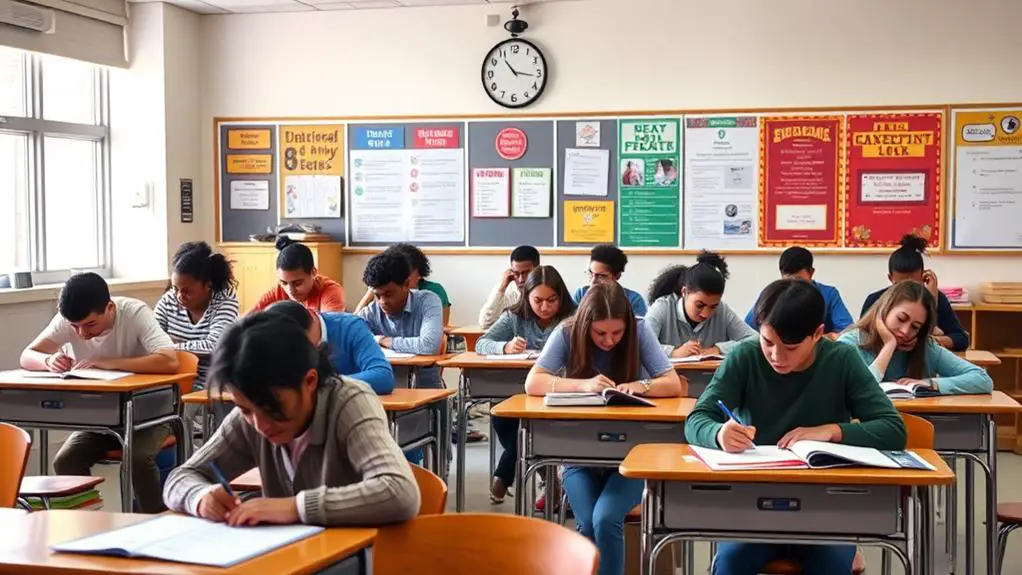
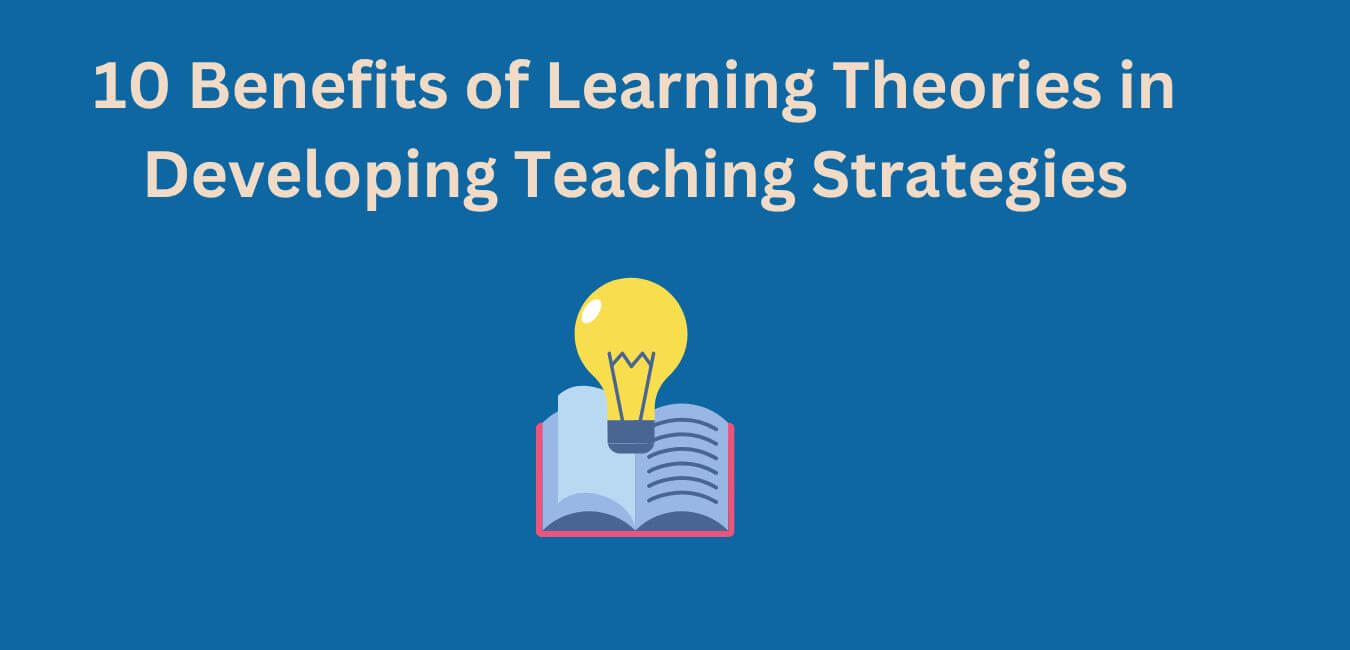
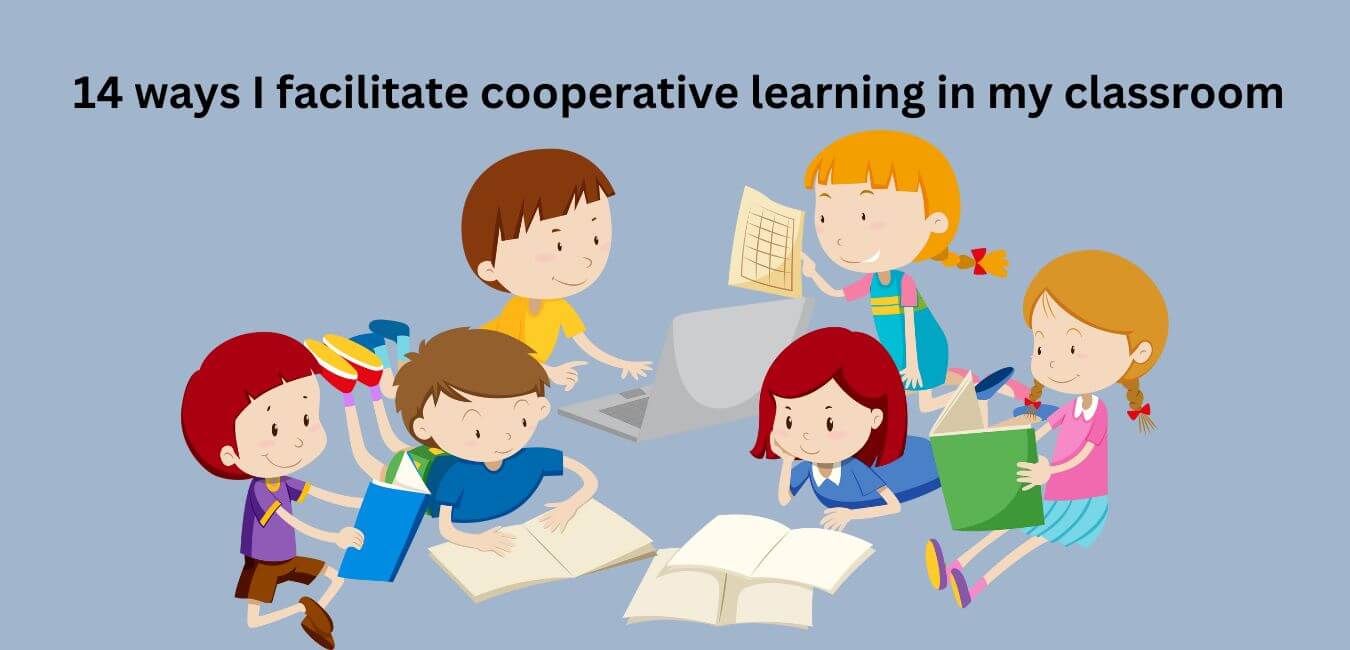
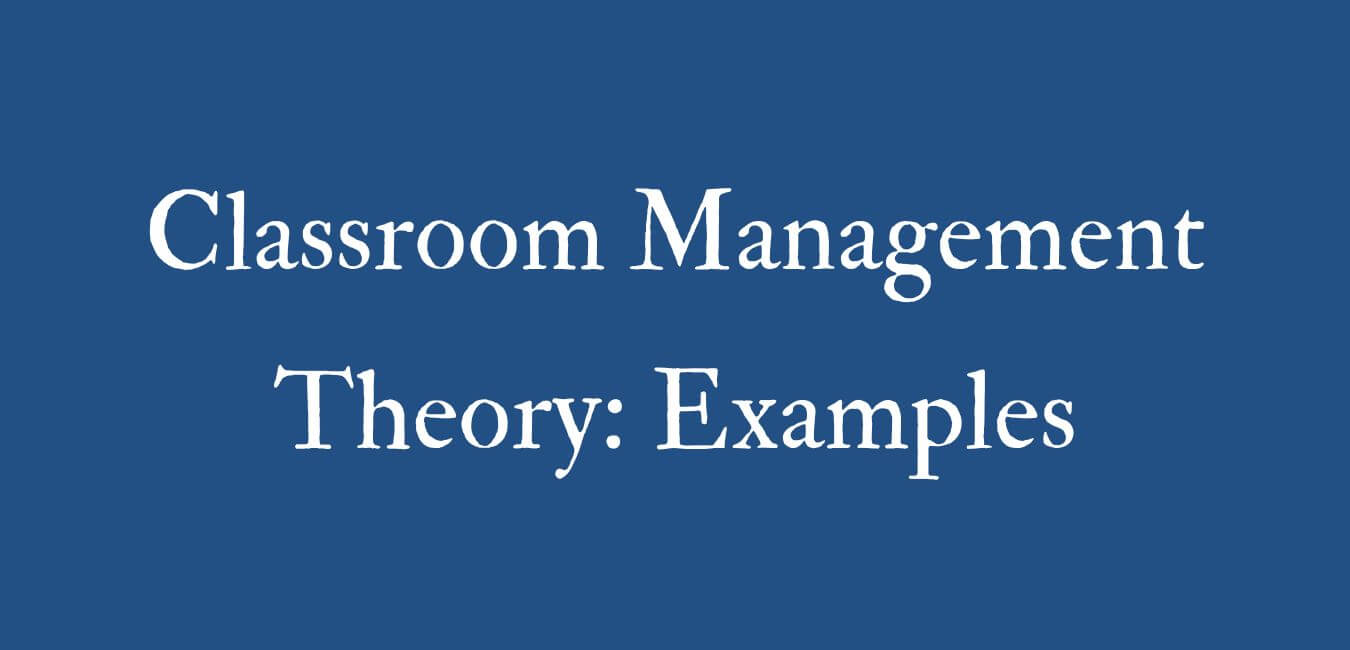
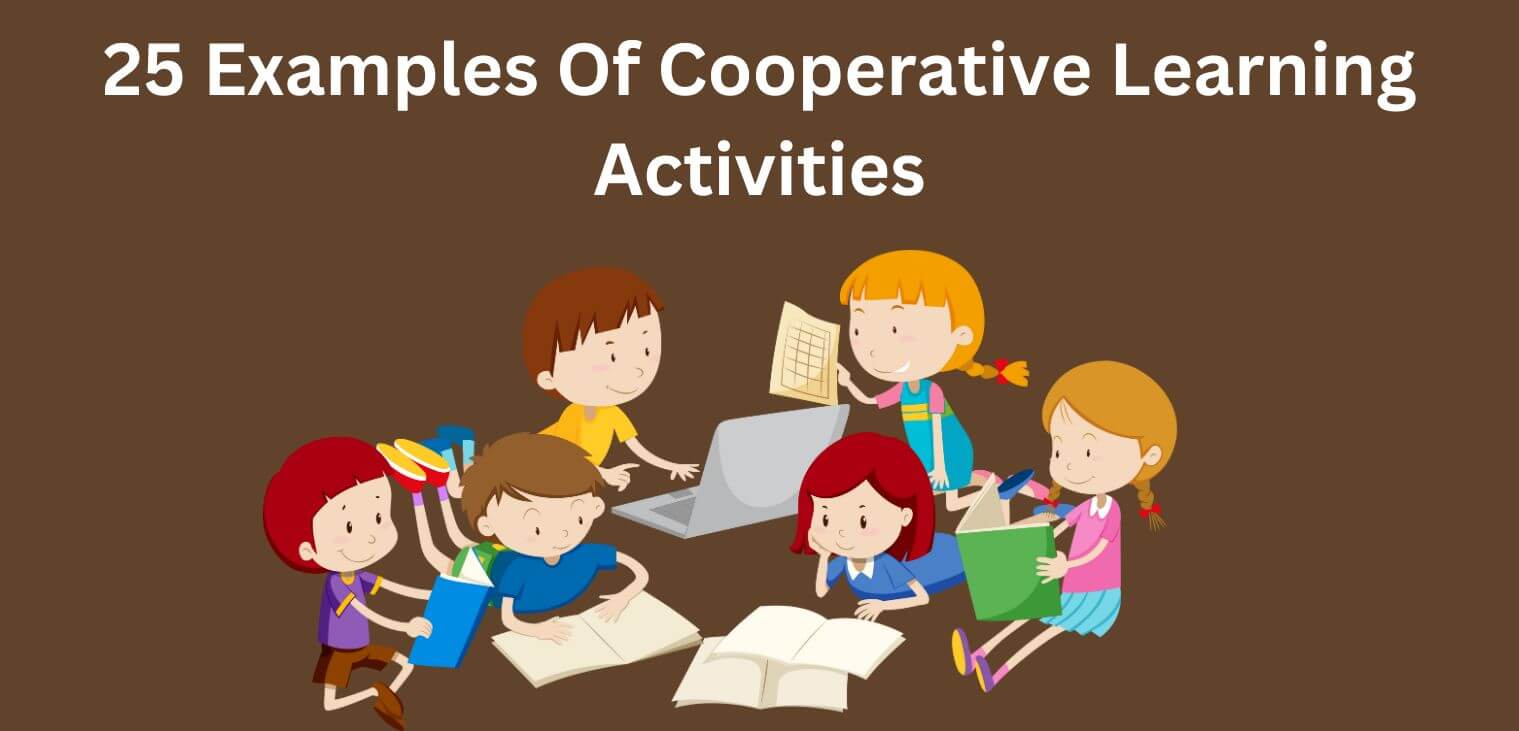
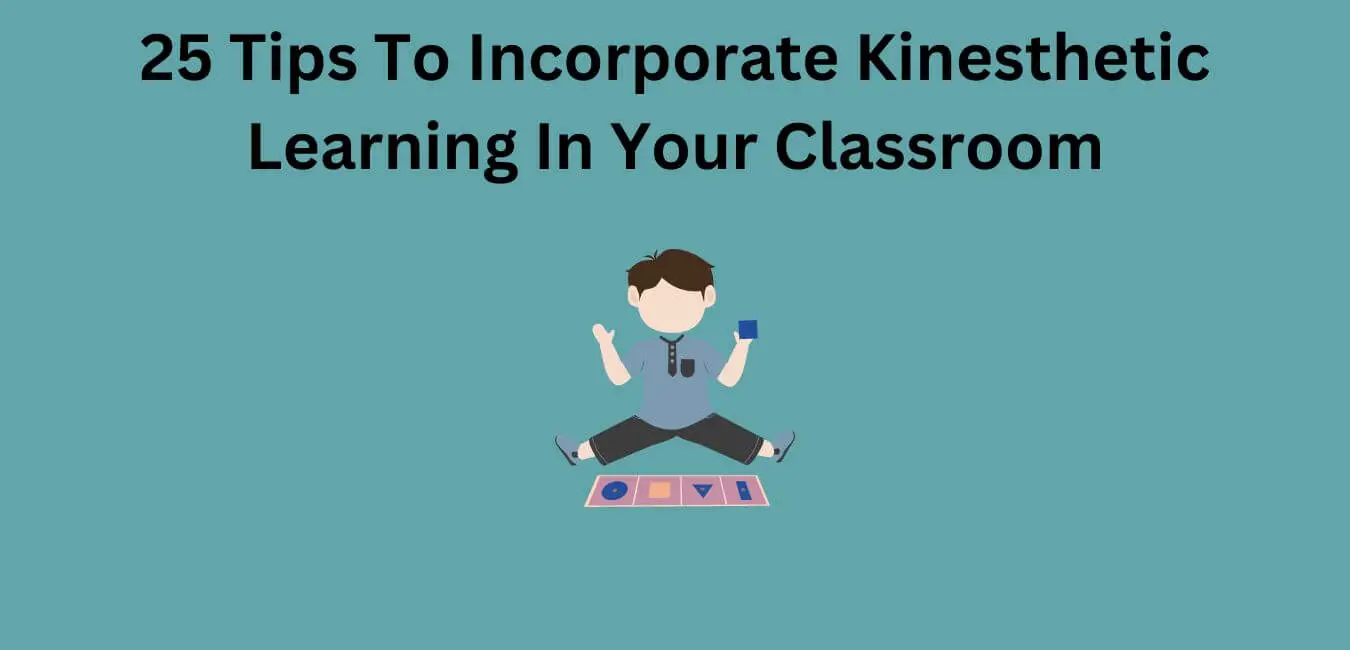
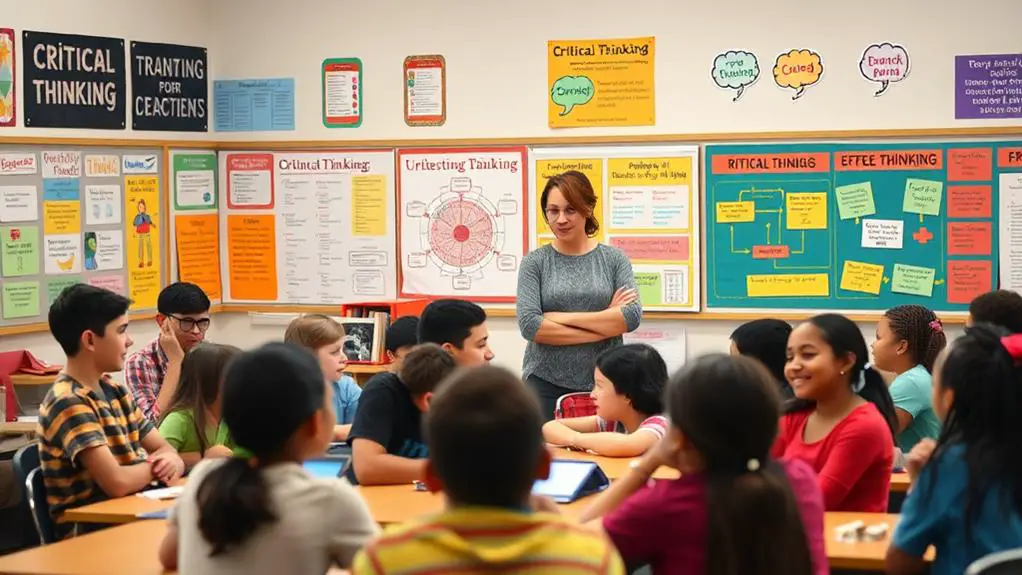



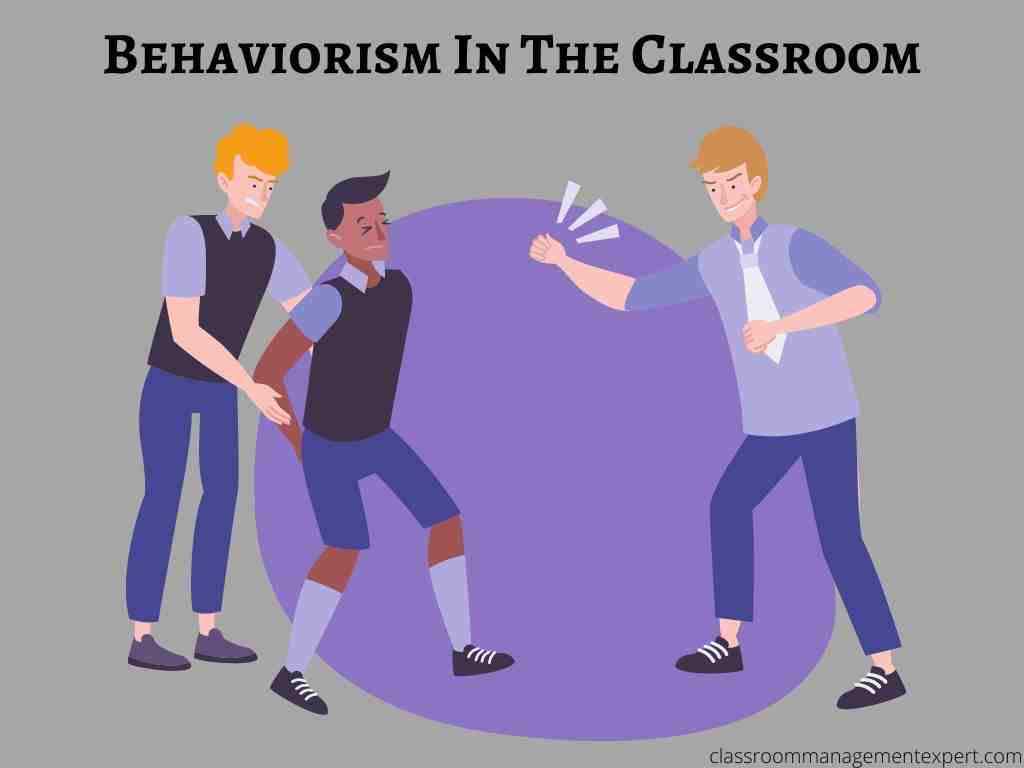





Leave a Reply